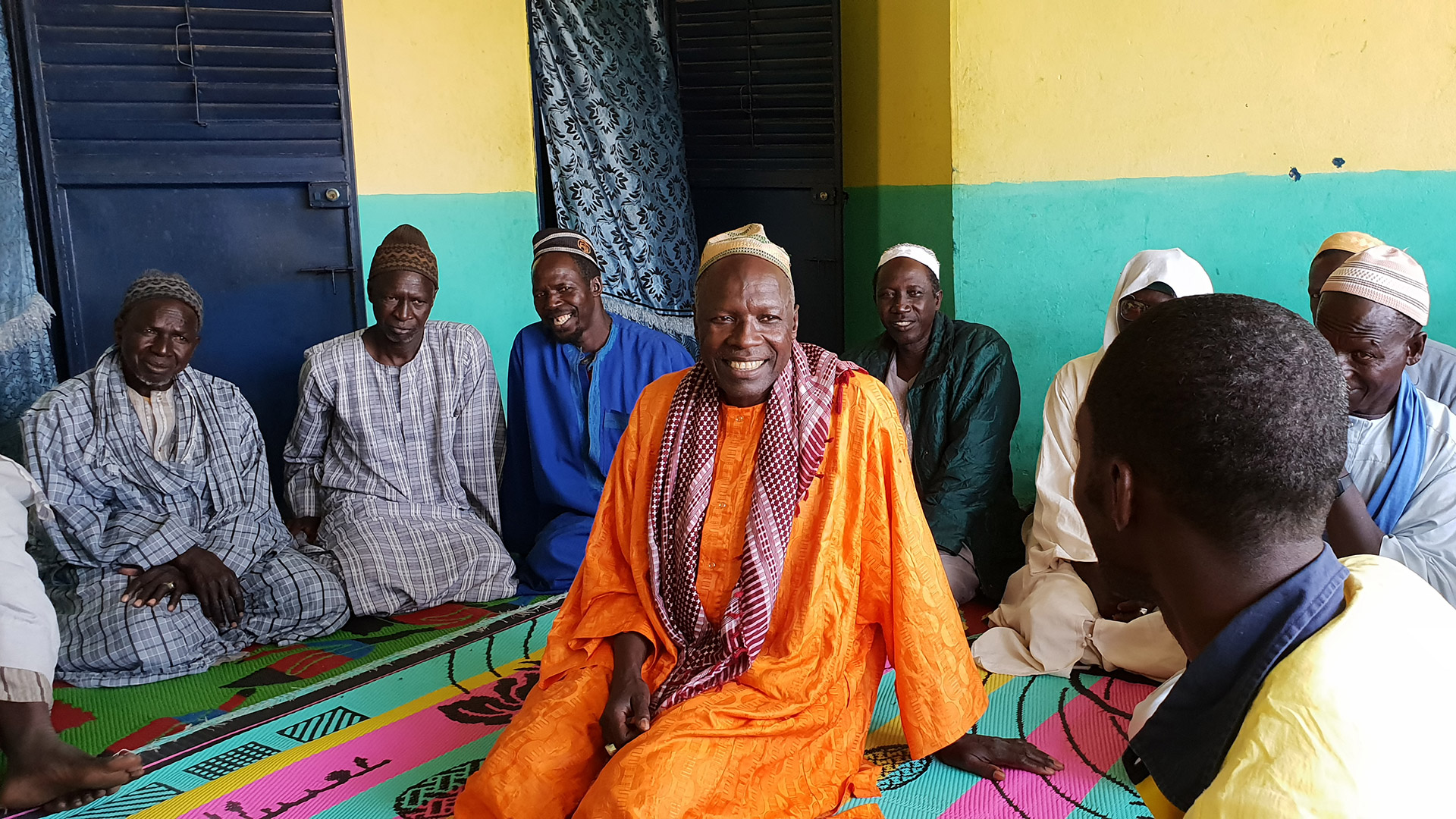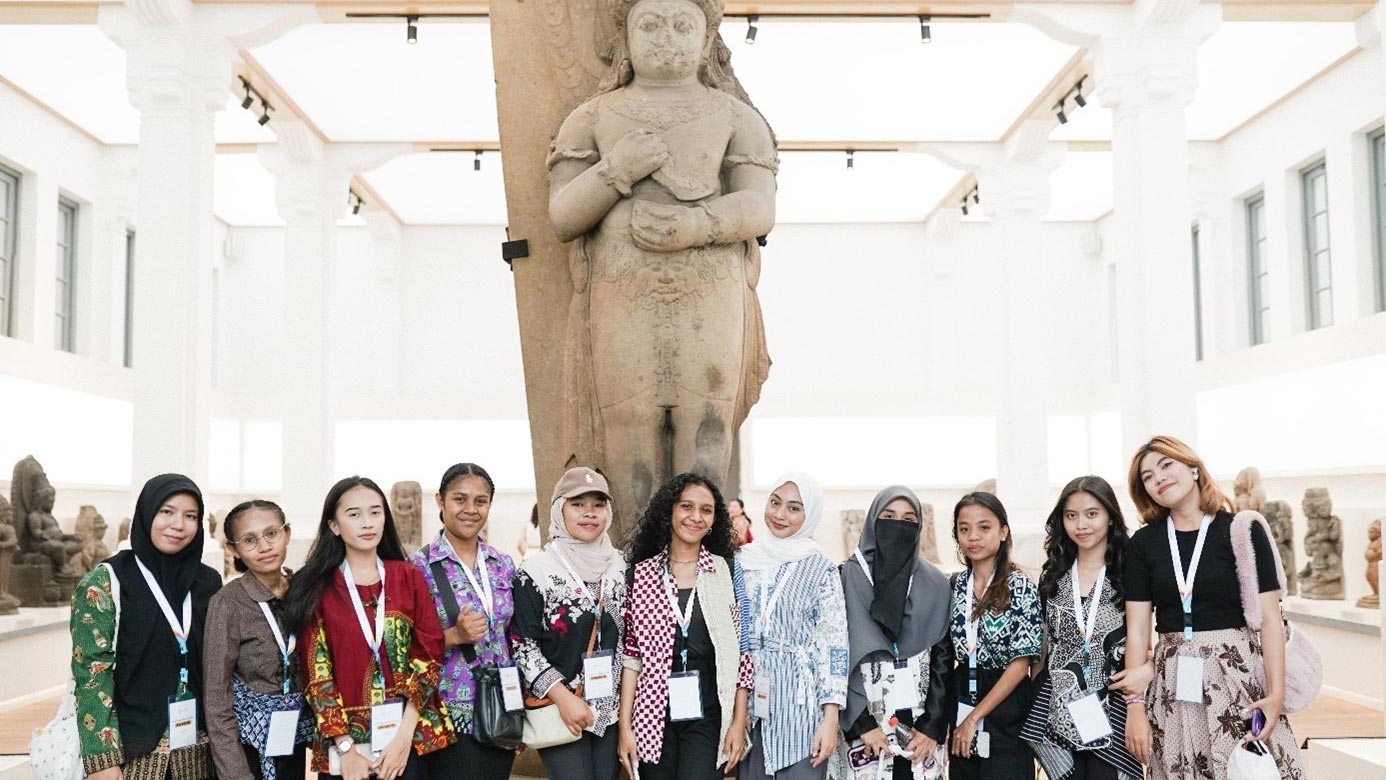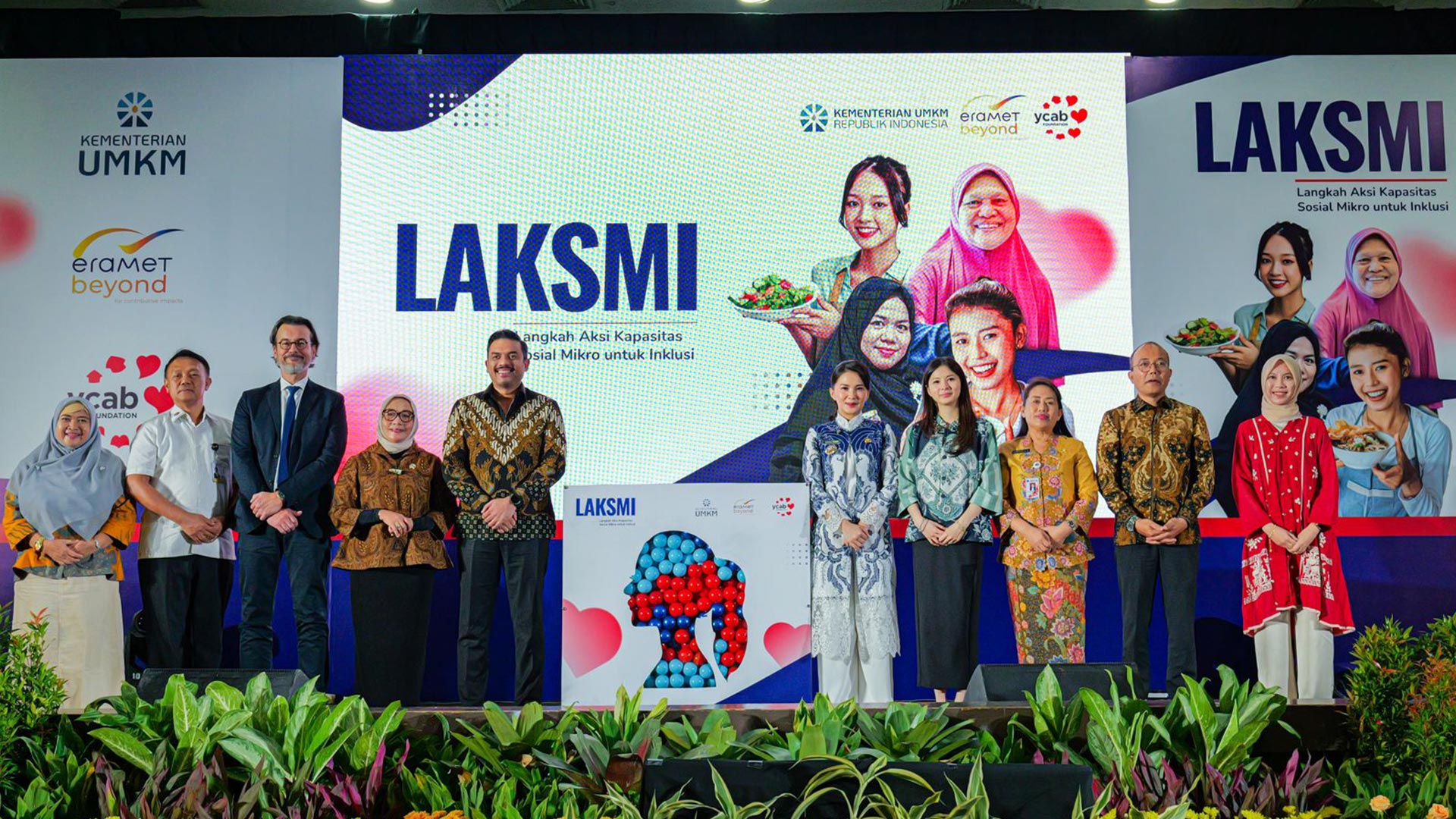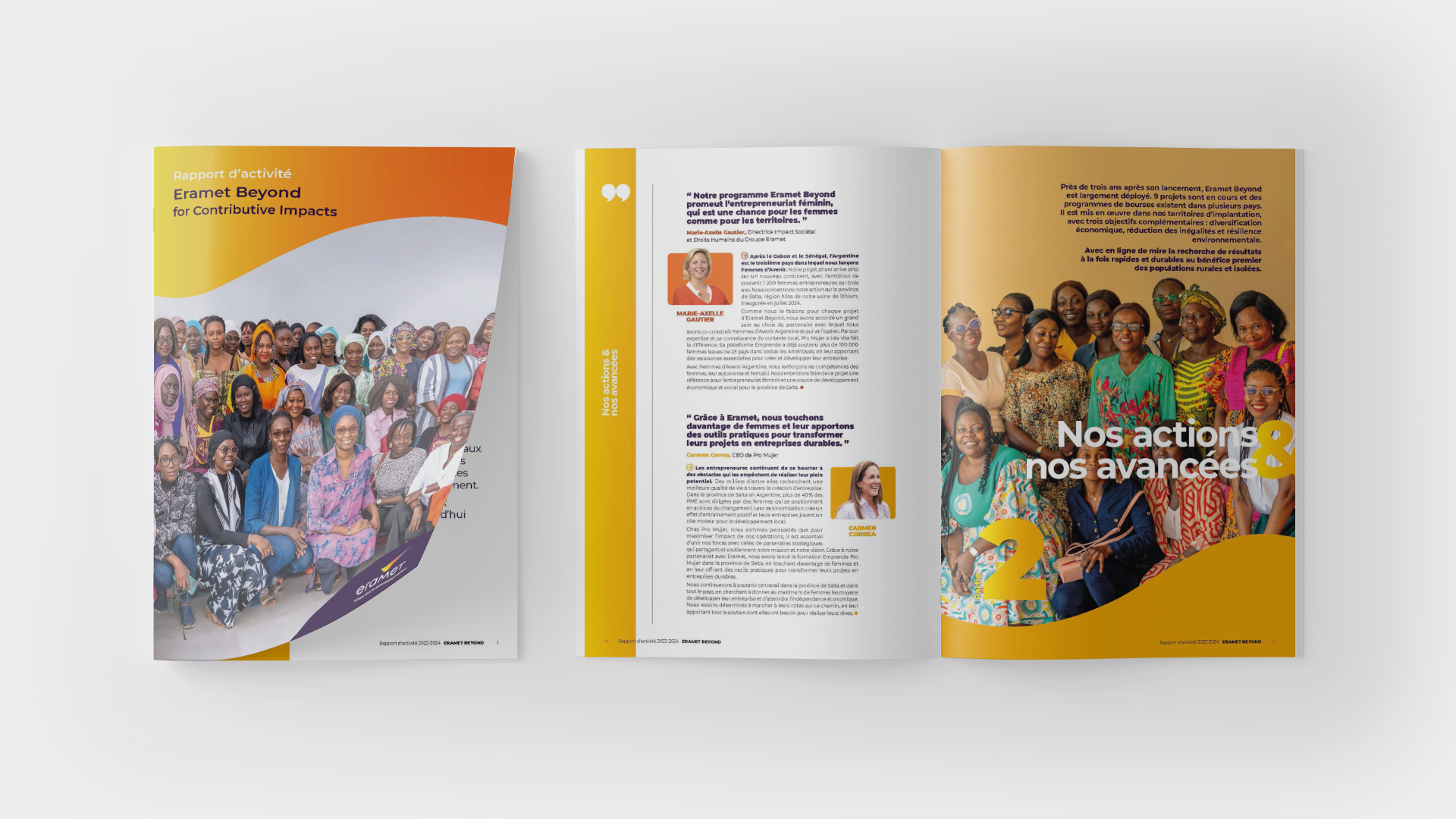Dialogue and trust
Eramet’s corporate purpose statement sets out an ambitious objective for the Group: “to become a benchmark when it comes to the responsible processing of the Earth’s mineral resources for the benefit of all.” In practical terms, this aim of working for “the benefit of all” means respecting basic human rights and building a relationship of trust and transparency with the communities where we work.
For us, this relationship is essential: our operations are only possible if they meet with community acceptance. This is what we call the “social license to operate,” and it is something we work to maintain each and every day, before, during, and after our various activities.
The 3 pillars of community relations
Community news
1 September 2025




